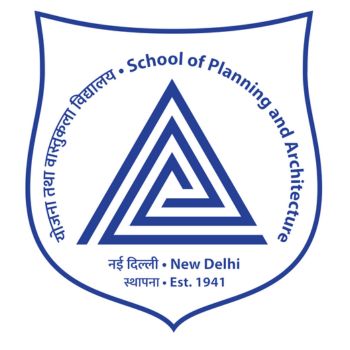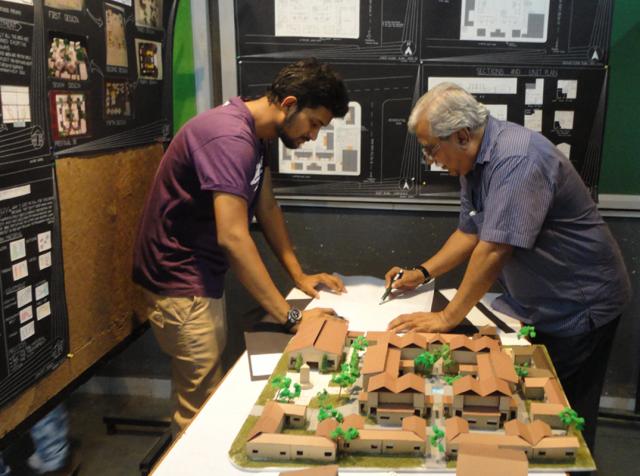Piloo Mody College of Architecture maintains a strong placement culture. The college supports final-year students in portfolio development and gives them project-based exposure. It has a 95% placement rate. The college's placement achievements reflect its commitment to bridging academic excellence with real-world applicability, ensuring graduates are well-equipped for dynamic careers in architecture and design
PMCA Cuttack-Placement Overview
Sector-wise Top Recruiters
PMCA Cuttack has strong industry tie-ups. Given below are the sectors/roles and companies where the students are usually placed:
PMCA Cuttack-Key Drivers of Placement Success
PMCA Cuttack- Industry-Ready Curriculum PMCA’s B.Arch and M.Arch programs emphasize practical skills through studio projects, workshops, and site visits. This hands-on approach ensures students develop portfolios showcasing technical proficiency and creative problem-solving, making them attractive to employers. Recruiter Engagement Regular industry interactions—including guest lectures, live projects, and recruitment drives—foster relationships with leading architectural firms, real estate developers, and urban planning agencies. Major recruiters span private and public sectors, offering roles in design, conservation, and sustainable development. Career Development Initiatives The college’s placement cell orchestrates:
- Portfolio-building workshops
- Mock interviews and resume clinics
- Networking events with alumni and industry leaders
These initiatives refine students’ professional presentation and interview skills, directly enhancing employability.
PMCA Cuttack- Future Trajectory and Opportunities
The evolving construction and infrastructure sectors in India continue to drive demand for skilled architects. PMCA’s focus on sustainable design and digital tools (like BIM and CAD) positions graduates at the forefront of industry trends. Emerging opportunities in smart-city projects and green architecture further broaden career pathways for students. PMCA’s placement excellence stems from its holistic education model, blending theoretical depth with actionable skills. As the institution continues to strengthen industry partnerships and adapt to technological advancements, its graduates remain well-poised to shape India’s built environment with innovation and expertise.






